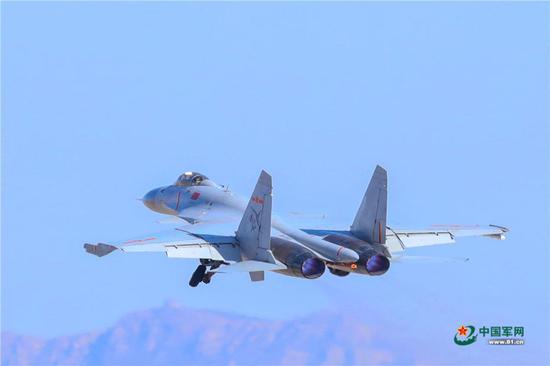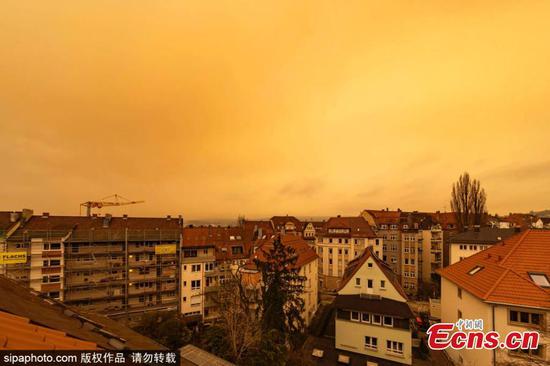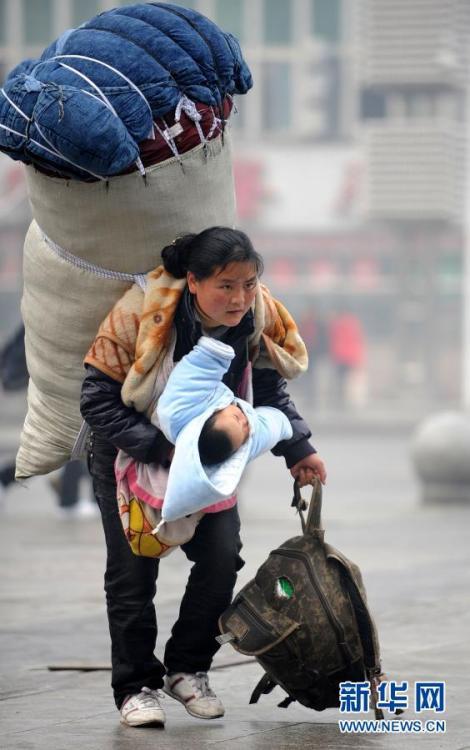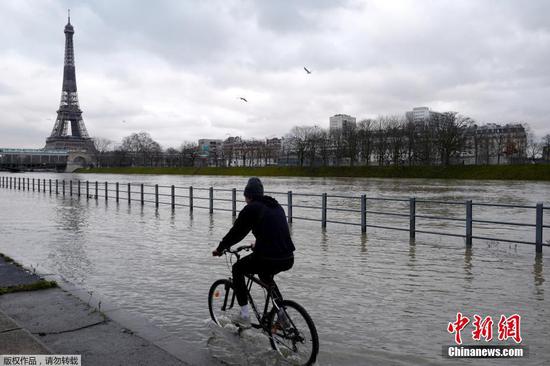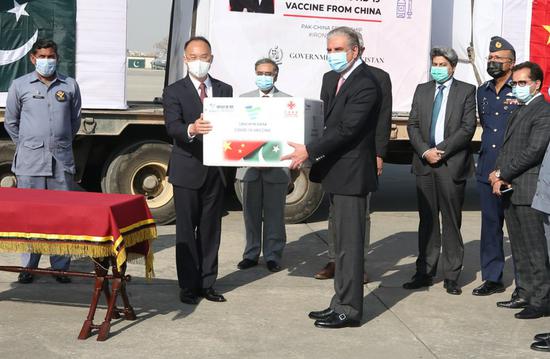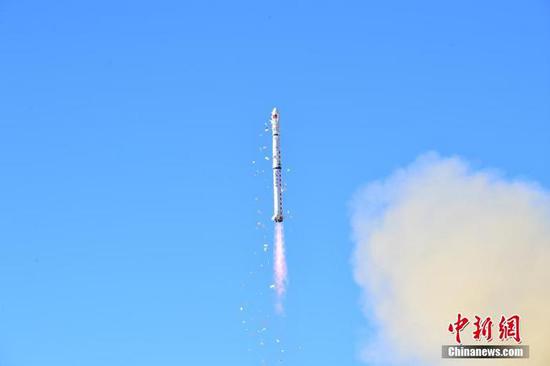Some high-income countries, representing 16 percent of the global population, have snapped up at least 70 percent of COVID-19 vaccine doses available in 2021, according to a report published in the medical journal the Lancet on Friday.
In the report, scientists said rich countries had secured at least 4.2 billion doses of COVID-19 vaccines, warning that their stockpiling of the vaccine doses would result in a shortfall in poorer and mid-income countries for years to come.
According to COVID-19 vaccine procurement data tracked by Duke Global Health Innovation Center, as of Feb 8, the US has bought more than 1.2 billion doses to vaccinate its population twice; Canada has purchased enough doses to vaccinate its population five times; the EU has ordered enough doses to vaccinate its people more than two times; and the UK has got more than three times than it needs to inoculate its whole population.
Meanwhile, billions of individuals in low and middle-income countries around the world might not have access to COVID-19 vaccines in 2021, the report said, warning it could prolong the pandemic and raises the risk of further mutations of the virus.
The world now needs more doses of COVID-19 vaccines than for any other vaccine in history to inoculate enough people for global vaccine immunity, the report said.
However, scarcity in supply coupled with large volumes of pre-orders made by richer countries creates challenges to achieving timely, universal access, it said.
The World Health Organization has set up the COVID-19 Vaccine Global Access (COVAX) Facility, a global allocation mechanism to ensure equal access to the vaccines. But wealthy countries have simply chosen to bypass it and strike deals with vaccine developers by themselves.
The COVID-19 pandemic is unlikely to end until all countries can access the vaccines and achieve global herd immunity, the report said.
As UN Secretary-General António Guterres put it at last year's UN General Assembly, "None of us is safe until all of us are safe."
"Unless vaccines are distributed more equitably, it could be years before the coronavirus is brought under control at a global level," said Olivier Wouters, lead author of the report.


















